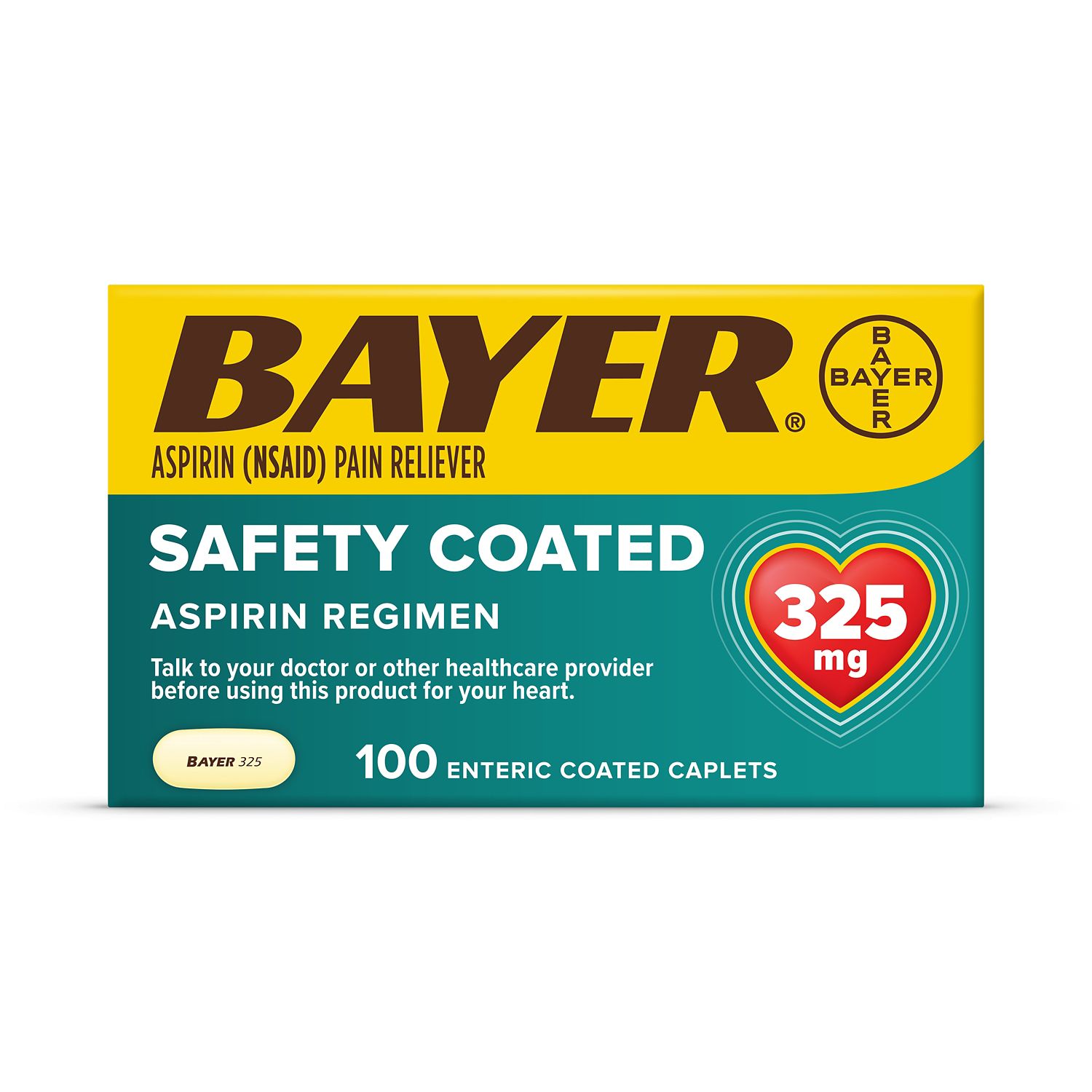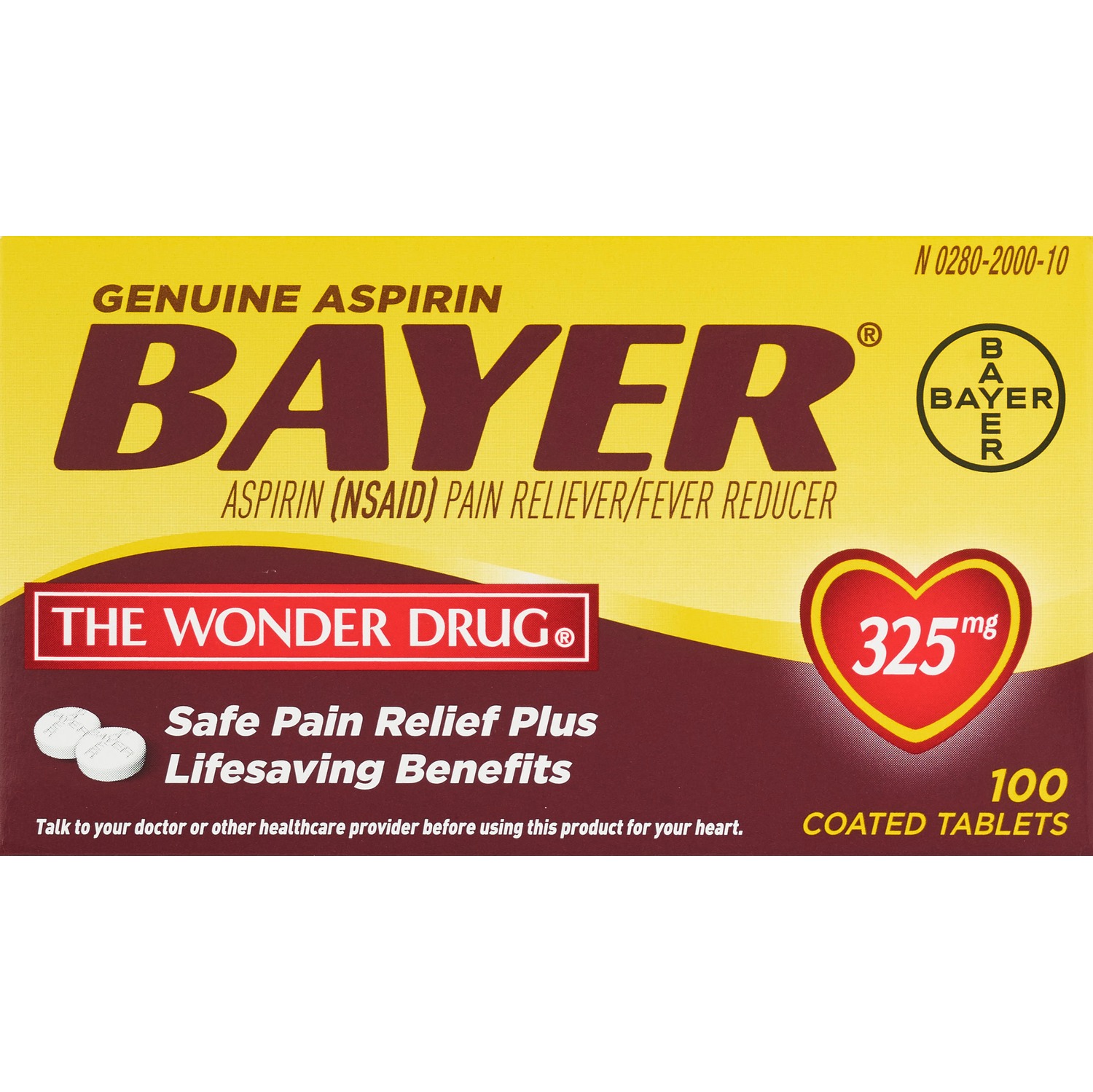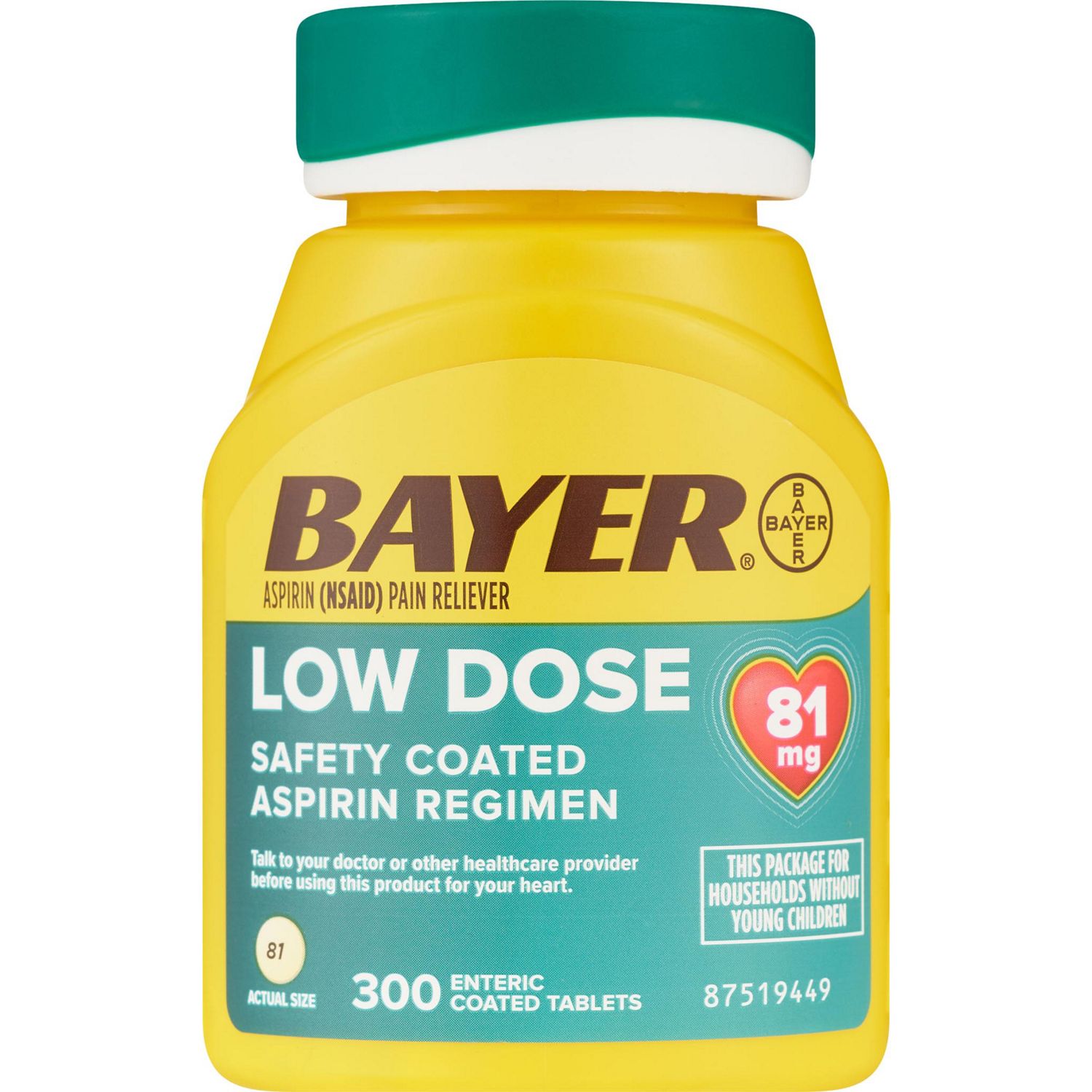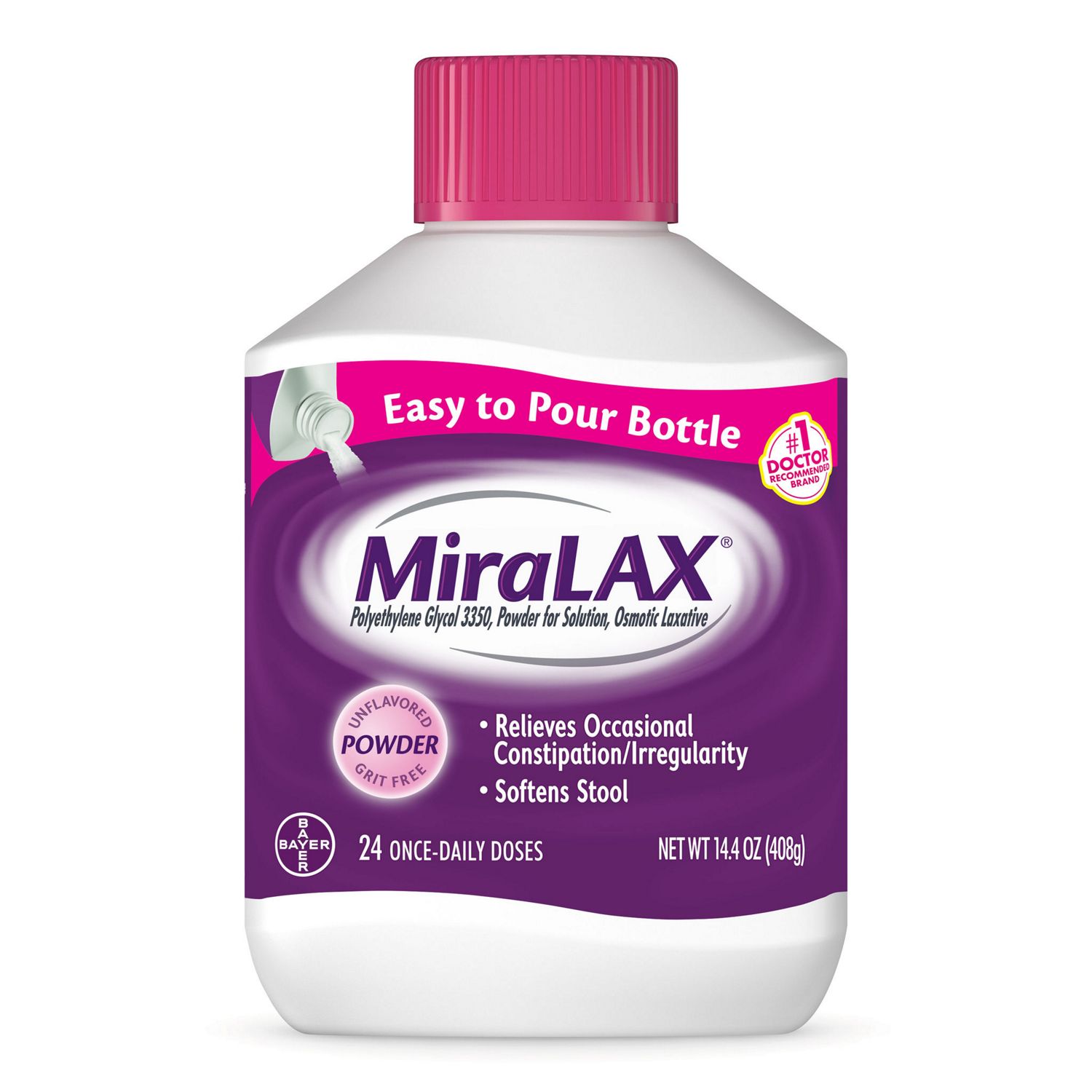Low Dose Asprin
Cómo conseguirlo
)
)
)
)
)
)
)
)
)
)
)
)
)
)
)
)
)
)
)
)
Low Dose Aspirin
Aspirin is a type of medicine that can have many uses in everyday life. Aspirin is another name for acetylsalicylic acid. Aspirin can be used for body aches, headaches, or fever.
Some people are put on a low dose of aspirin as a maintenance medication. There are different reasons for this. For people who have a high risk of heart attacks or stroke, low dose aspirin can be preventative. It can also help someone who has already had one from having another one.
Aspirin can help prevent a heart attack by preventing your blood from clotting. If a blood clot forms in your artery, blood flow to your heart is stopped, causing a heart attack. Aspirin reduces this risk.
Low dose aspirin can also be prescribed for children with Kawasaki disease.
There are some people who should not take aspirin. Let your doctor know if you have any of the following:
• Stomach ulcers, especially if they're bleeding.
• An allergy to aspirin. This includes aspirin-induced asthma.
• An allergy to any NSAIDs, such as ibuprofen or naproxen.
• A bleeding or clotting disorder.
• Presión arterial alta.
• Indigestion.
• Heavy periods. Aspirin can make them worse.
• A recent stroke.
• Asthma or any other lung disease.
• Liver or kidney problems.
• Gout. Aspirin can make gout worse.
If you are pregnant, breastfeeding, or trying to get pregnant, ask your doctor about taking daily aspirin before you start it.
How should you take aspirin? You should always follow your doctor's prescription for you. If a doctor has not prescribed it for you, the recommended dosage of aspirin is most commonly 81 mg a day. It can be anywhere between 75 and 150 mg. A regular strength tablet is 325 mg.
Low dose aspirin comes in a few different forms of tablets. These are:
• Standard tablets: Swallow these with a glass of water.
• Soluble tablets: Dissolve these in a glass of water.
• Enteric-coated tablets: Swallow these whole with a glass of water. These have a coating on them that will make them more gentle on your stomach. They should not be crushed or chewed, and should be taken at least 2 hours apart from any indigestion medication.
There can be side effects when you take aspirin. The common side effects can be:
• Mild indigestion.
• Bleeding and bruising more easily than normal.
Some serious side effects can be:
• Blisters or red and peeling skin.
• Coughing up or vomiting blood.
• Seeing blood in your pee or poop.
• Yellowing skin or eyes.
• Painful or swollen joints in the hands and feet.
• Allergic reaction.
If a mild side effect persists or becomes bothersome, or you experience any serious side effects at all, contact your doctor right away.

)
)
)
)
)
)
)
)